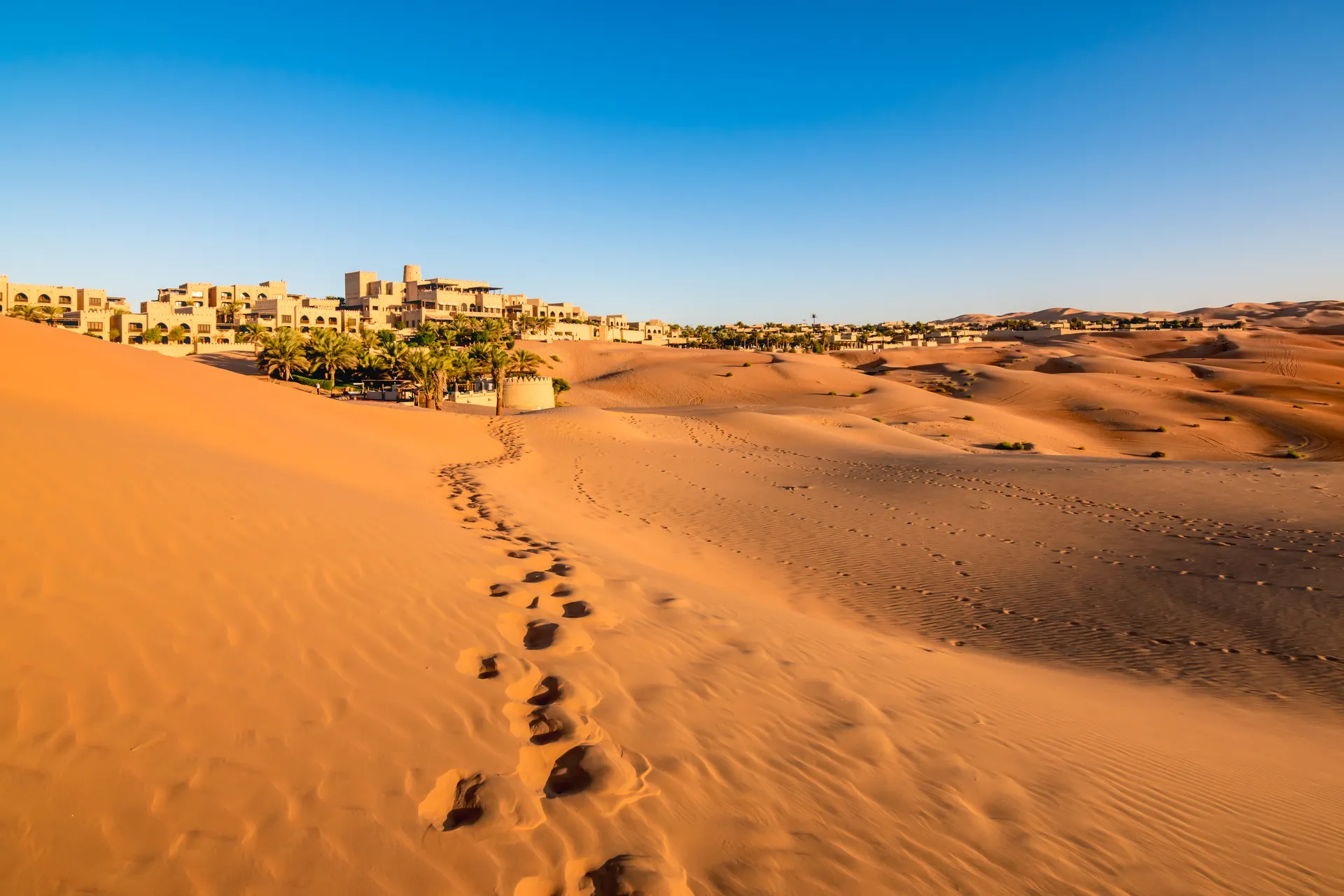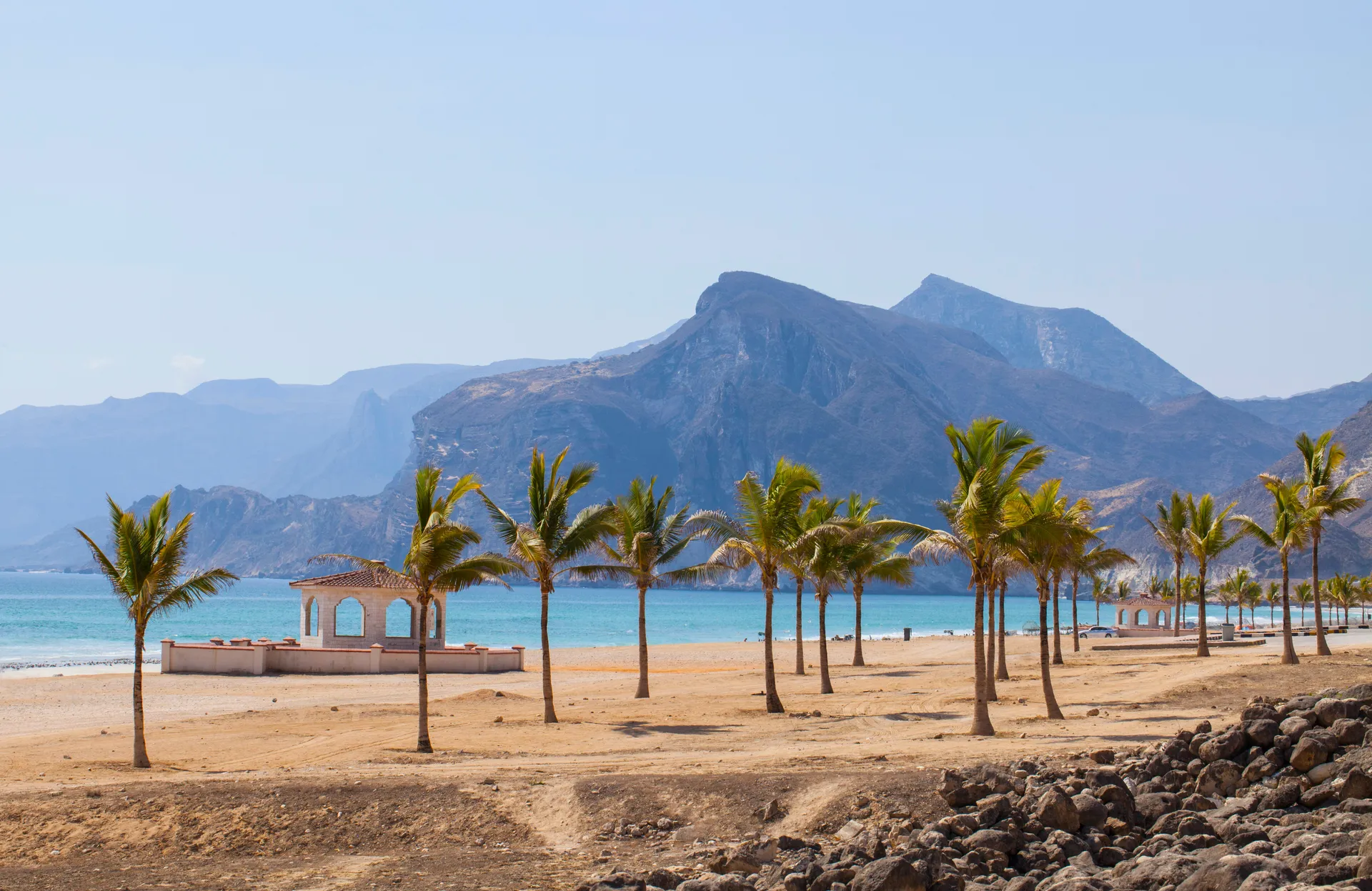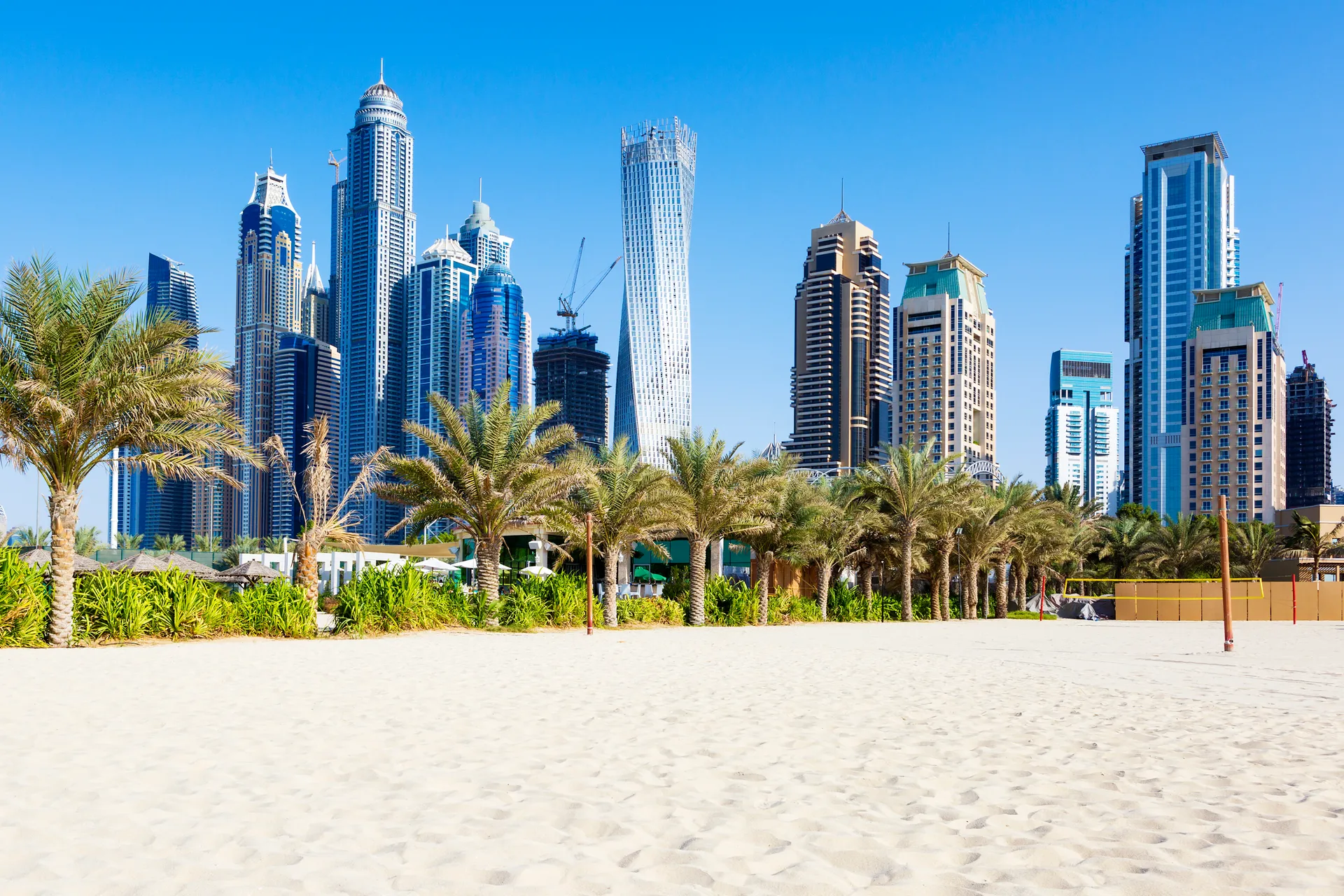
Middle East Holidays
The Middle East is a region known for its luxurious resorts, stunning desert landscapes, and rich cultural heritage, making it an ideal destination for holiday getaways. From the modern marvels of Dubai to the serene beaches of Oman, this region offers a wealth of experiences. A holiday in the Middle East ensures relaxation, adventure, and cultural immersion, allowing you to explore the best of each destination with ease. Embark on a journey that blends leisure, exploration, and unforgettable memories across some of the most captivating spots in the world.
Best Regions to Visit in the Middle East
UAE
The United Arab Emirates (UAE) offers a blend of modernity and tradition, with luxurious experiences and stunning landscapes. The UAE's beach resorts give the perfect atmostphere where you can relax on pristine sands and swim in crystal-clear waters, they provide a range of activities, from water sports to beachside dining, ensuring a memorable holiday.
Dubai
Dubai is renowned for its futuristic skyline, luxury shopping, and vibrant nightlife. Jumeirah Beach offers pristine sands and clear waters, ideal for sunbathing and water sports. The Palm Jumeirah is a man-made island featuring upscale resorts and entertainment options. For a unique experience, visit the Dubai Desert Conservation Reserve for a desert safari.
Abu Dhabi
Abu Dhabi, the capital of the UAE, combines cultural heritage with modern attractions. Saadiyat Beach is known for its white sands and tranquil waters, perfect for a relaxing day by the sea. The Corniche Beach offers stunning views of the city skyline and a range of water sports. Visit the Sheikh Zayed Grand Mosque, one of the largest mosques in the world, to experience the architectural grandeur and spiritual ambiance.
Oman
he UAE's beach resorts provide a range of activities, from water sports to beachside dining, ensuring a memorable holiday. Muscat, the capital, offers beautiful beaches like Qurum Beach and Al Bustan Beach, perfect for swimming and relaxation. Salalah, located in the southern part of Oman, boasts pristine beaches backed by the rugged Dhofar mountains, offering a unique tropical oasis.
Best Time to Visit the Middle East
The best time to visit varies by region, but here’s a general guide:
Winter (November to February): Ideal for winter escapes to warmer coastal destinations like Dubai and Abu Dhabi, where mild weather allows for beach relaxation and water activities.
Spring (March to May): Mild temperatures and blooming landscapes make it a great time to visit most of the Middle East. Coastal regions like Dubai and Abu Dhabi are perfect for enjoying the early warmth and fewer crowds.
Summer (June to August): This period is hot in the Middle East, with temperatures often exceeding 40°C (104°F), but indoor attractions and shopping malls offer a respite from the heat.
Autumn (September to October): Cooler temperatures and fewer crowds make it a great time for cultural and city tours. Coastal areas like Oman offer pleasant weather for exploring historic sites and enjoying the scenic views.
The Middle East’s diverse landscapes and rich cultural heritage make it a destination worth exploring year-round, offering something special in every season.
Destinations to explore
Whether you're relaxing on the pristine beaches of Oman, exploring the vibrant coastal towns or sandy beaches of the UAE, each destination promises an unforgettable holiday experience.
We look after you all the way with our complimentary in-resort representation services.
Our ABTA and ATOL membership ensures that your holiday is financially protected.
Our customers love our holidays, tours and cruises and we're sure you will too.
Established in 1980, we've been arranging holidays for over 40 years.
Popular hotels in Oman

£747
pp
£869
pp
£1,038
pp
£1,668
ppPopular hotels in the United Arab Emirates

£978
pp
£663
pp
£801
pp
£611
ppPopular hotels in Dubai

£739
pp
£799
pp
£611
pp
£1,039
ppPopular hotels in Abu Dhabi

£678
pp
£756
pp
£768
pp
£896
ppYour Middle East Questions Answered
Find out more about visiting Middle East with the answers to these frequently asked questions.
We're here to help
The best time to visit the Middle East is from November to March, when the weather is cooler and more comfortable for exploring. These months offer mild temperatures, perfect for sightseeing and outdoor activities. Summer (June to August) can be extremely hot, especially in desert areas, with temperatures often exceeding 40°C (104°F). Winter (December to February) is also a popular time for festivals and cultural events across the region.
In the Middle East, it’s important to dress modestly, especially in conservative countries. When visiting religious sites, be respectful and follow any dress codes. Tipping is common, and it’s polite to greet people with a handshake or a slight nod. Always take the time to learn about specific customs in each country.
The length of your trip depends on the countries you plan to visit and your interests. A 1-2 week trip can cover key highlights, while 2-3 weeks allows for a more in-depth exploration of multiple destinations. Longer stays will give you a deeper understanding of the region's culture and history.
The Middle East is known for its rich history, iconic landmarks, and vibrant cities. The region offers a unique blend of culture, stunning landscapes, and a mix of modern and traditional experiences, making it a must-visit for travellers seeking adventure and discovery.
The Middle East is generally safe for tourists, but like anywhere, it's important to stay vigilant. Avoid isolated areas at night, keep an eye on your belongings, and follow local safety guidelines. Respecting local customs, especially in more conservative countries, will also help ensure a positive experience.
Yes, the Middle East can be a great destination for first-time and solo travellers, offering a mix of history, culture, and unique experiences.
Credit cards are widely accepted in major cities, but it's a good idea to carry cash for smaller purchases, especially in less touristy areas. ATMs are readily available, but it’s worth checking your card’s fees
English is commonly spoken in urban areas and tourist destinations. Knowing a few basic Arabic phrases can enhance your experience, especially in more remote areas where English may not be as widely understood.
We use cookies to optimise site functionality and give you the best possible experience. Clicking accept will also allow us to personalise your advertising using marketing cookies. You can find out more about our use of cookies.



